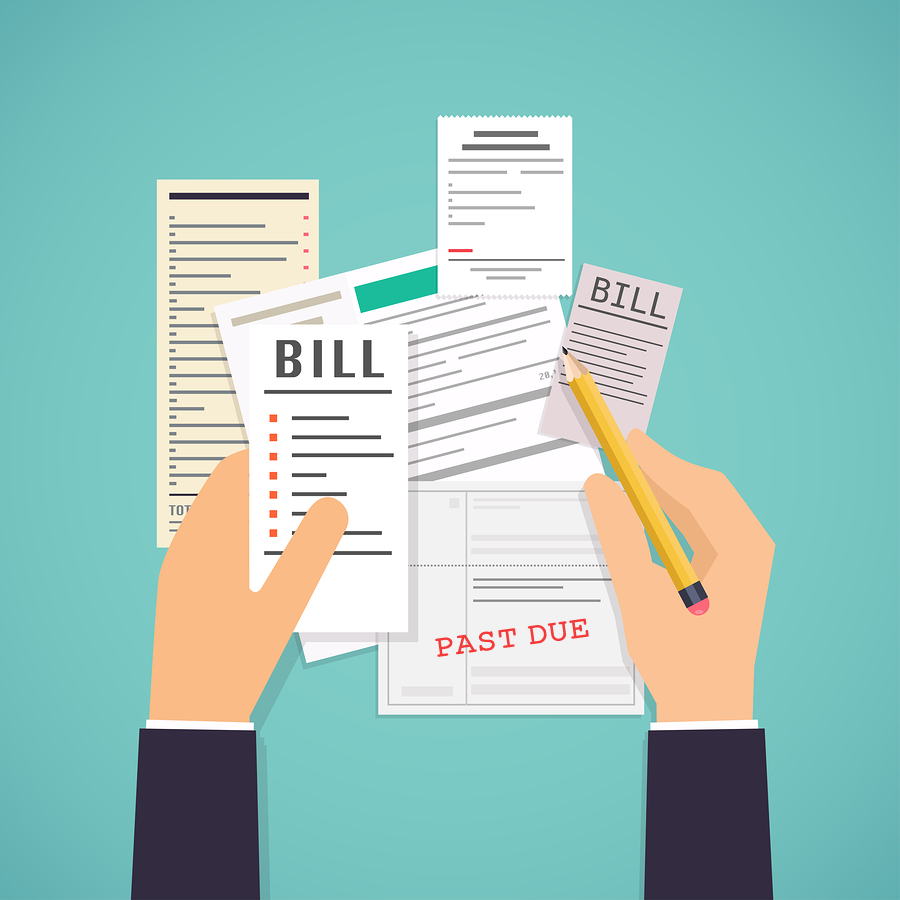Anyone who’s ever had a defaulted credit account go to collections has experienced the major downsides firsthand — like collectors contacting you, often repeatedly, trying to get you to pay what you owe. When you’re already feeling stressed about money, it generally makes things worse to deal with calls and letters pressuring you to settle up on your accounts.
Dealing with the hassles of collections might make you wonder: Should you use a strategy like debt consolidation to get out of collections? What would be the benefits of doing so? What about the drawbacks? Here’s more on why this might actually be a smart move.
Why It’s Worthwhile to Pay Off Collections Accounts
It might seem like it’s “too late” to pay off collection accounts, especially if funds are tight. But, for the sake of your credit score, it generally is beneficial to take care of delinquent accounts that your original creditors have sold or defaulted to a third-party agency.
The most influential factor affecting your credit rating is payment history. So, late and missing payments can take a serious toll on your score. As Experian outlines, people with credit reports containing accounts in collections routinely have lower scores than people without collections.
There are two other big reasons it’s worthwhile to pay off accounts, even if they’re already in collections. First of all, you’ll free yourself from the burden of contact from collectors — something that can be great for peace of mind. Secondly, you’ll eliminate the chance of a collector suing you for your outstanding balance.
Using Debt Consolidation for Collections: Pros and Cons
Using debt consolidation for collections functions similarly to using it to pay off current balances. These funds allow you to pay off what you owe all at once, then make one consistent monthly payment to the lender until the loan is paid off in full. The biggest potential benefit here is the opportunity to eliminate all your accounts in collections in one fell swoop.
The challenge is you’ll generally need to have good or excellent credit to qualify for low-interest consolidation loans. If you have one or more accounts in collections, your payment history likely already took a hit — which may have brought down your rating, perhaps disqualifying you from getting a competitive loan.
Another challenge is keeping up with fixed installments on said loan for however long it takes to pay it off in full. Loan terms can easily be three, five or even seven years — and missing payments will land you back in financial hot water. In other words, commitment is key to making this strategy work if you decide to go this route. A steady income stream and emergency savings are important to make sure you’ll be able to keep up with loan payments, even as life throws unexpected expenses at you.
Another potential upside of using a debt consolidation loan to wipe out your collections accounts is your credit score will usually benefit from the consistent installments you pay on the loan over time. This can go either way: Sticking to the loan repayment schedule can bolster your score, while missing payments can seriously hurt it.
Using debt consolidation to get out of collections can help you end collection calls, start rebuilding your credit score and avoid getting collector lawsuits. But it also depends on the interest rate for which you can qualify and your ability to faithfully repay the loan over the course of years. Only you can have the final say in whether it’s a good idea to consolidate your way out of collections or not.

Leave a Reply